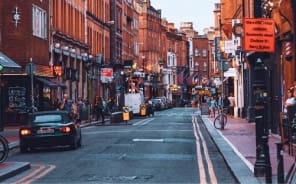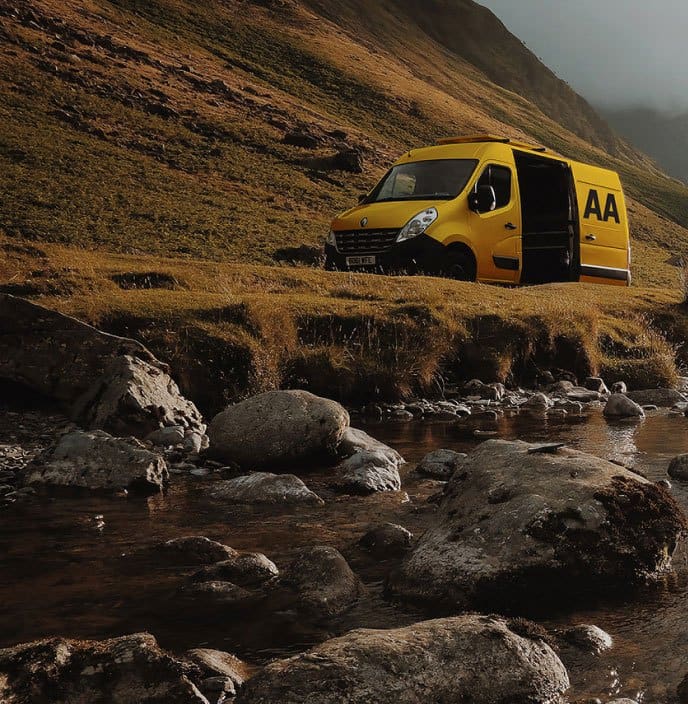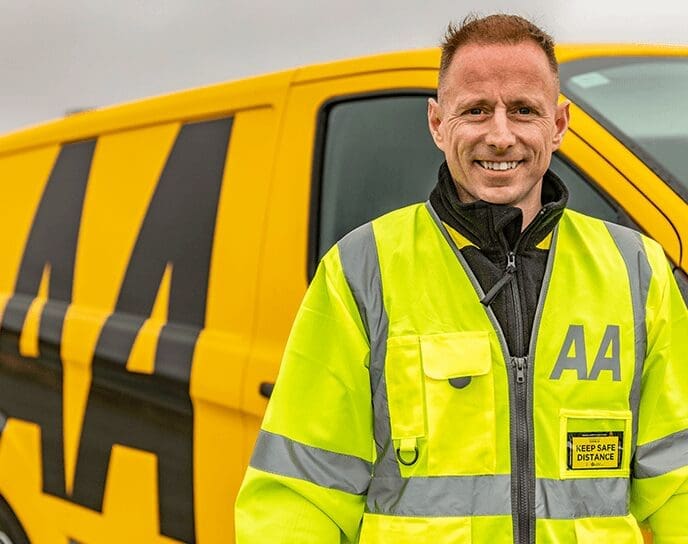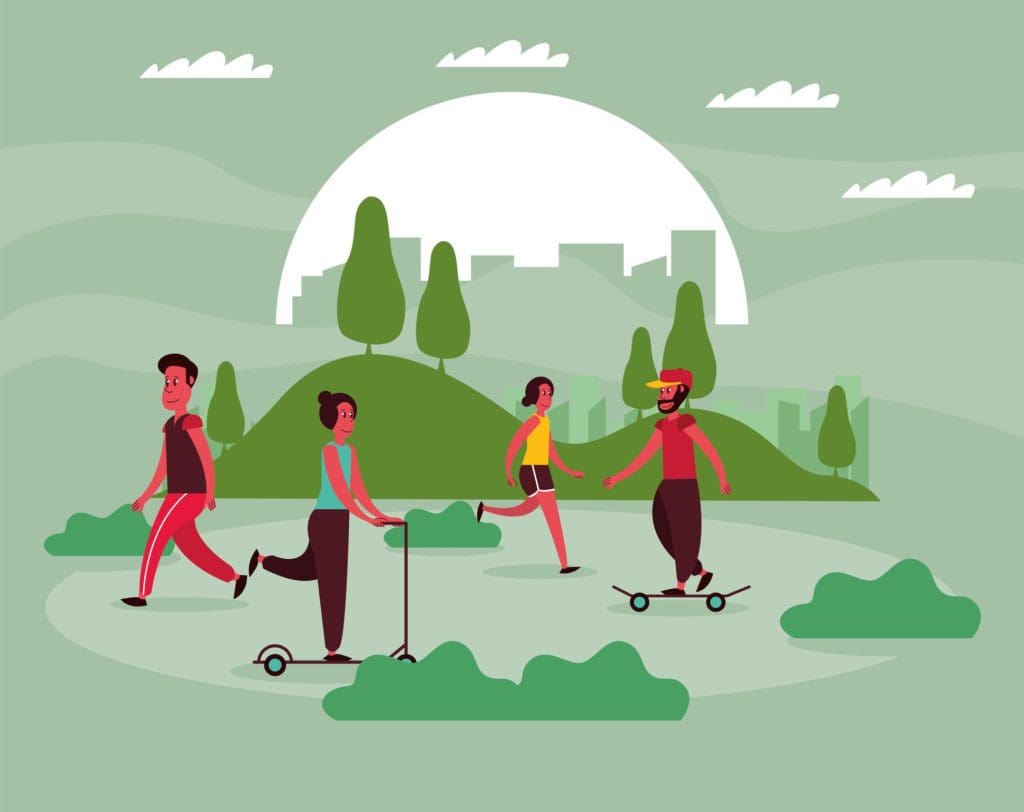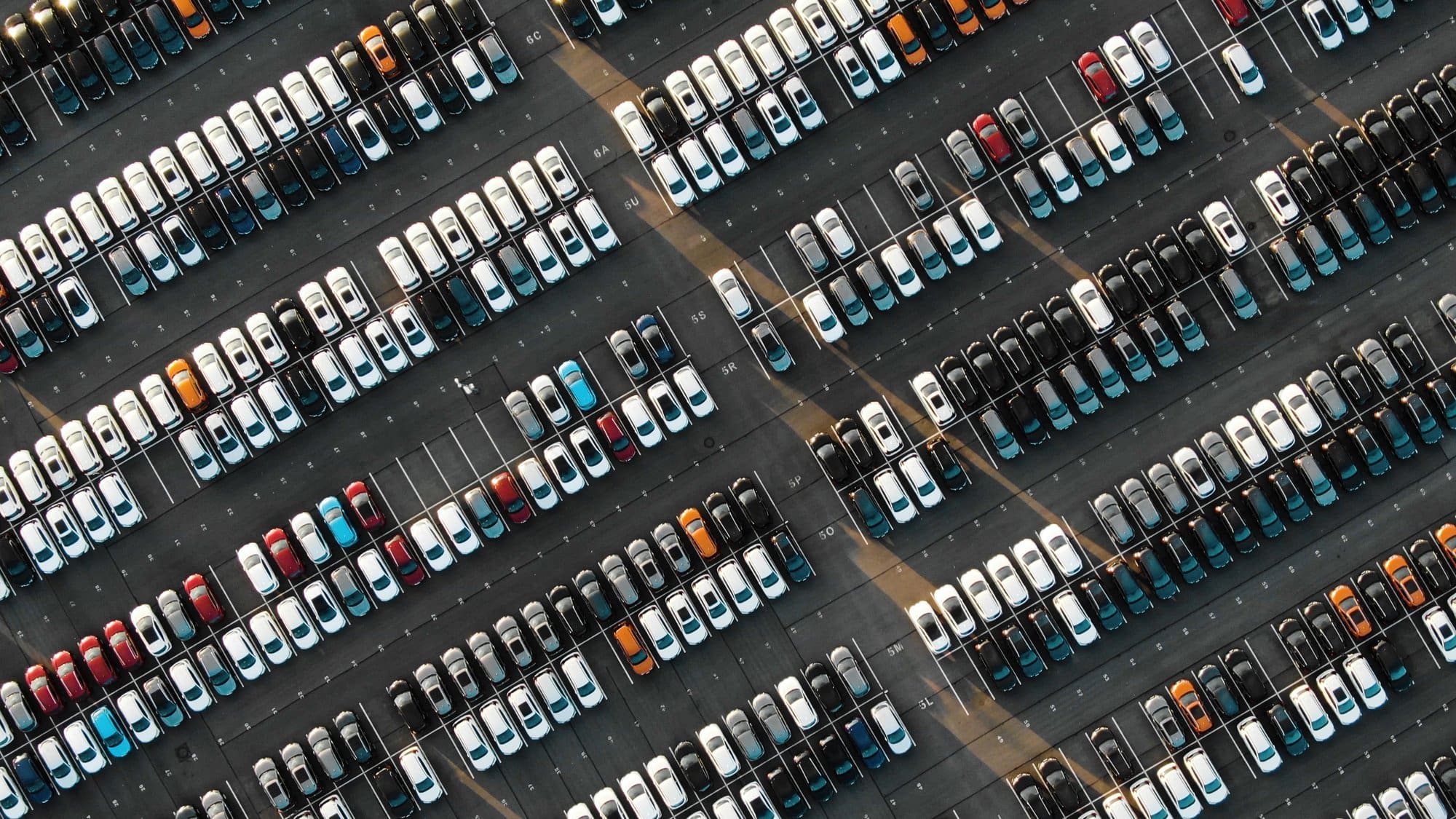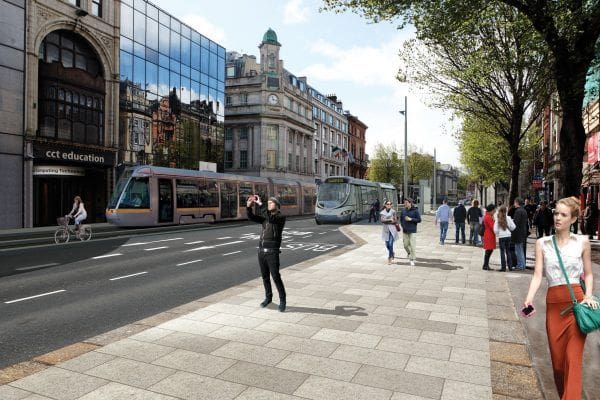September 22nd is World Car Free Day and it has been designed for all of us to consider our car use.
According to the official website of the United Nations Environment Programme (UNEP), the day highlights the numerous benefits of citizens going car-free, including lower air pollution and the promotion of walking and cycling in a safer environment (UNEP).
Many events are held around the world to raise awareness about automotive pollution and to emphasise the urgency of finding an alternative to a car-dominated society. Even a day without cars proves to be beneficial for the environment.
Journée sans voiture
The first‘journée sans voiture’ (day without a car) was organised in France’s capital Paris in September 2015, which helped in lowing exhaust emissions by 40%, according to the UNEP. This year Suwałki (Poland) is organising a Car-Free Day and opening its streets to people, demonstrating how towns and cities in Europe might look with fewer cars. In addition, Suwałki is improving its cycling network by implementing permanent infrastructure, including bike-share schemes and improved bicycle parking facilities.
Here in Ireland, it is not much more than a symbolic date, with no enforcement of any car-free measures, this is despite warnings from the Environmental Protection Agency. Their 2021 report says that Ireland’s Air Quality is generally good, but there remain potential threats from Particulate Matter and Nitrogen Oxide (NO2). Particulate Matter mainly comes from the burning of fossil fuels but Nitrogen Oxide (NO2) comes from traffic from Petrol and Diesel cars. The highest concentration comes when traffic is heaviest. Diesel cars emit more NO2 than petrol cars and electric vehicles don’t emit any tailpipe emissions.
We take a lot of short journeys
The Department of Transport says that over half of trips here in Ireland, under 2km are made by car. According to CSO figures from September 2022, Public Transport journeys remain below pre-COVID-19 levels. Public transport journeys in the week beginning 22 August 2022 were 87% of the number taken in the week beginning 02 March 2020 (pre-COVID-19). The number of bus journeys in Dublin for the week beginning 22 August 2022 was 84% of the level in the week beginning 02 March 2020, compared with 95% for bus journeys outside Dublin and 88% for rail journeys. (Data for rail journeys includes passenger journeys on Intercity and DART services.) Also, Luas journeys in week 34 of 2022 remained slightly below pre-COVID-19 levels. The number of journeys in week 34 was 91% of the level for the same week in 2019 for the red line and 89% for the green line.
Commenting on their latest bulletin, Dr Nele van der Wielen, Statistician in the CSO’s Transport Division, said: “In August 2022, car traffic volumes in Dublin nearly returned to pre-COVID-19 pandemic counts. For the week beginning 22 August 2022 (week 34), car traffic volumes were only 3% lower than in the same week in 2019.
So despite rising fuel prices and measures to reduce pricing on public transport, there appears to be little sign of the Irish public moving away from their cars. So why is this? One reason might be the poor alternatives to the car, especially outside of the capital.
Poor Public Transport options outside Dublin
A recent AA Ireland Survey highlighted the gap in quality and availability of public transport between Urban and Rural areas in Ireland, which undoubtedly accounts for our widespread dependence on cars. The poll of over 4,200 motorists also reveals that 80% of respondents think people would rely less on their vehicles if public transport was improved in Ireland. Of those surveyed, 42% say they live in a rural area, while 58% say they live in an urban area. When asked in the poll if they have access to public transport in their area, 47% said ‘yes in an urban area’ while 8% said ‘yes in a rural area’. 16% said they do not have access. Of those surveyed, 9% said they only have access to public transport in a rural area if they drive there in a car first and 6% of these said it is not reliable. 26% said more funding is needed for public transport, 40% said infrastructure needs to be improved, 30% said cheaper fares need to be introduced, and 36% said more services need to be added.
Here in Dublin, Dublin City Council, NOW and JCDecaux announced that NOW dublinbikes 1-day tickets will be free to customers on Thursday, 22nd September, to celebrate World Car Free Day.
But is more needed to be done to make us all, at least try, to find alternative methods to our car. An enforced car-free day in urban areas like Dublin, Cork or Galway might be met with resistance, but would at least make us try and find alternatives or highlight where there are deficiencies in public transport currently.

